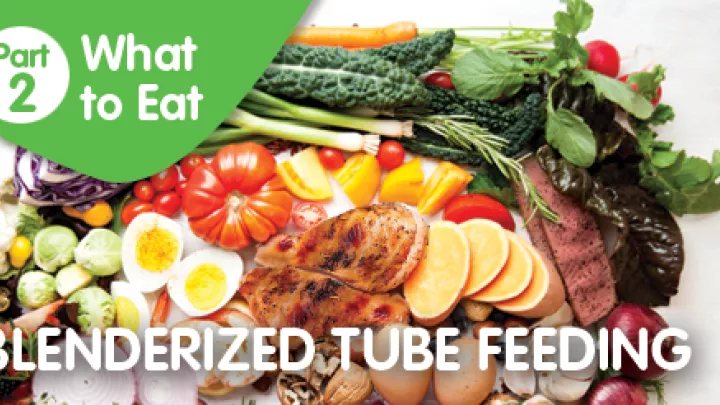
Your Baby’s Food: Homemade or Store Bought?
Making your own baby food is a very personal decision many mothers think about. It is not always an easy choice because there are a lot of factors such as lifestyle, cost, benefits and risks that go into it. As my best friend put it,
“There is something really gratifying and pure about making Henri’s food. Since it is made by me, I know exactly what goes in his tummy. And of course, I have to taste it, making me more aware of the flavors my child does and does not like.”
What is Most Important: Experts Weigh In
According to the United States Department of Agriculture (USDA), the most important concern surrounding the decision of what to feed your child is to provide an “adequate amount of essential nutrients by consuming appropriate quantities and types of food.”
Essential Nutrients for Babies
Some important essential nutrients for your baby include protein, healthy fats, iron, vitamins D, A and B12. As long as your child receives important nutrients, whether it’s from homemade baby food or store bought, you are providing your baby with the building blocks for their future growth and development. I found this guide from USDA.gov helpful in learning about the nutritional needs of my baby. I think you will to!
Year One

Many of you may be breastfeeding. The American Academy of Pediatrics (AAP) recommends exclusive breastfeeding for the first six months of age. During this time, the sole form of nutrition should be breast milk. After six months of age, complimentary foods may be introduced into your baby’s diet. This may be in the form of rice, cereal, vegetables and fruit. These are some of many nutrient based complimentary foods AAP recommends in your baby’s diet.
When your baby is at least six months and ready to begin eating solid food, your question may be, “Should I make my own baby food or buy it from the store?” The rest of this blog post helps answer your question!
Should You Consider Making Your Baby’s Own Food?
The benefit of making your own baby food is knowing exactly what your baby is eating with no worry of extra “surprise” ingredients. Here are tips to consider when making your own baby food:
- ALWAYS follow strict food safety rules for preparing and storing homemade baby foods. Refer to this easy guide from FoodSafety.gov for details on baby food preparation and storing safety.
- Wash fresh produce thoroughly.
- Use fresh fruits and vegetables as much as possible. Prepare fresh produce shortly after purchasing in order to preserve the nutrients.
- Remove peels, cores and seeds in any produce.
- Remove skin and trim all visible fat from meats.
- Cook meats by baking, broiling or stewing.
- For younger infants, puree meat in a blender to desired consistency by adding a small amount of fluid. For older infants, chop meat and poultry into very small pieces.
- Avoid using canned fruits and vegetables with added salt or sugar.
- Serve food plain. Do NOT add seasoning and spices to your baby’s food.
- To adjust flavors add other pureed foods that your baby has already eaten.
- Never incorporate foods that your child has never eaten. There may be a food allergy you are not aware of.
- Introduce new foods one at a time in order to make sure there is no food allergy connected with a particular food.
- Avoid adding eggs or dairy before age one. Dairy and eggs at such a young age can cause a food allergy.
- Homemade food kept in the refrigerator should be eaten within 48 hours after preparing.
- If you are making large batches, freeze in BPA-free containers with proper lids. Label and date all containers.
Are There Ingredients to Avoid in Store Bought Baby Food?
Actually, no there is not. In my research for this post, there aren’t ingredients to avoid in store bought baby food, but there are additives to avoid. Make sure there is no corn syrup and sugars added. Generally, baby food has fewer additives that other food. Purchase foods that have only fruits and/or vegetables and water added. Many families lean towards organic brands because they know the food is free of pesticides, growth hormones, antibiotics and other chemicals. If the cost of organic brands is too high, read the labels and make sure there are no additives like corn syrup, sugars or other ingredients that are not real food or food-based.
There are Benefits to Store Bought Baby Food
The biggest benefit is convenience! I cannot say it enough. It requires less careful preparation and cleaning, less pureeing, less freezing and less waste. Baby food manufacturers are constantly creating new products, which allows for easier and lighter carrying. Companies have started packaging their foods in pouches, which are easier to carry than glass jars. Also, many companies package their baby foods in ways that are designed to help parents advance their baby’s diet at the right age.
At the end of the day, the decision to make your own baby food or buy food for your baby is a decision that needs to fit into your lifestyle. As long as you are providing your child with a healthy well-rounded diet, you really cannot go wrong.

